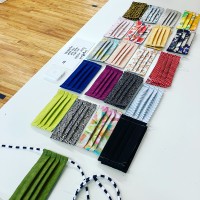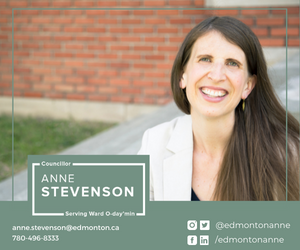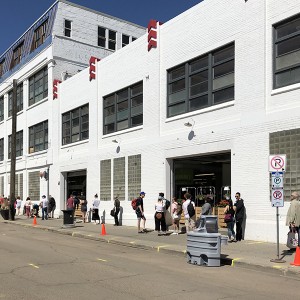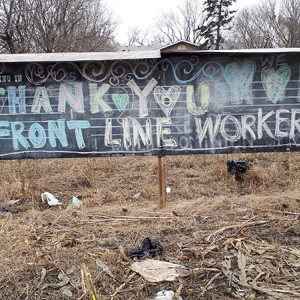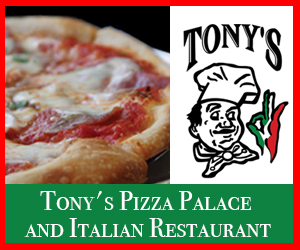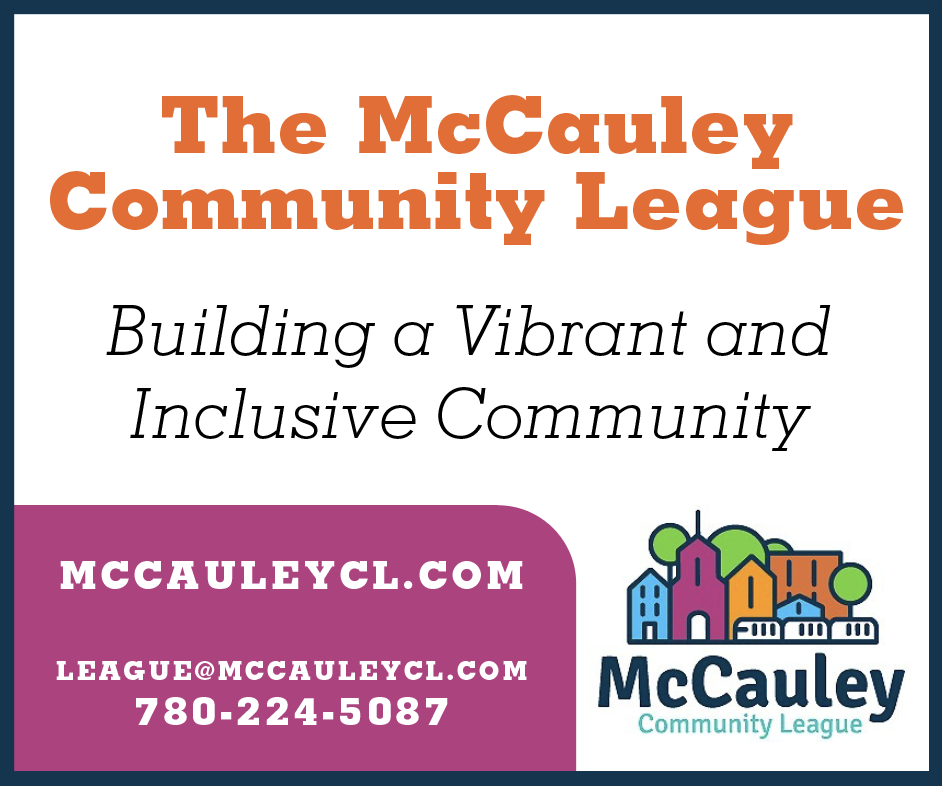Coping During COVID-19: Part Two
How Boyle Street and McCauley businesses are dealing with the crisis.

The COVID-19 lockdown has meant significant financial losses for local shops and restaurants. Some are even wondering if they can continue to operate. Still, many businesses have found new ways to serve their customers and keep their operations at least partially afloat.
Wen Wang, Executive Director of the Chinatown and Area Business Association, notes that many of the businesses in Chinatown (along 97th and 98th Streets) are restaurants and food service stores. They are usually small family operations that are not well equipped to switch to curb-side pickup and delivery. Since some of them do not have websites and/or delivery staff, during lockdown they had to stop serving altogether.
Linda Hoang, social media strategist and Edmonton blogger, issued a “plea for Chinatown” through her newsletter and social media. “I’m seeing local businesses that weren’t on social media before getting on it now due to the pandemic, like the Hong Kong Bakery. It’s been in Edmonton since 1978!! Swing by and grab some goodies to go to help them out (along with other Chinatown spots).”
Hoang, whose parents own King Noodle House Pho Hoang in Chinatown, says the area was already struggling for a number of reasons. One factor is an increase in suburban communities that have their own Asian markets and businesses, so not as many people are flocking to the centre of the city to shop and visit. She thinks that even the businesses who are able to switch to pickup and delivery are experiencing income losses of as much as 70%, as is the case with her family’s restaurant.
On the May long weekend, when lockdown had partially ended in Edmonton, Panini’s Italian Cucina in Boyle Street hopefully put up its beautiful red umbrellas on the patio, even though the weather forecasts were dicey. A couple of weeks before that, co-owner Tony Caruso said, “We’re doing okay – some days are better than others. Most of our staff are still working with reduced hours – some not even reduced at all. All the regulars are still coming by and picking up, and Skip the Dishes is almost business as usual. We’ve been blessed in that regard. Of course, it’s not like before but we’re just happy to be moving and working.”
Miranda Ringma, Director, Zocalo, says, “The first initial shock was really tough. We had to pivot quite a bit to online and phone orders. That was a complete change, as Zocalo was a sort of gathering place full of tactile experiences. We had to switch to straight shopping.”
“Our customers have been amazing,” Ringma adds. They have been calling and sending notes of support. At the beginning, we had a whole bunch of tulips for sale. They sold out immediately and we had to order more.”
At the same time, Ringma says it was difficult navigating the new requirements. Although Zocalo’s greenhouse is deemed an essential service, and it happens to be the beginning of gardening season – two positive benefits for the business – the new normal involves intensive procedures such as extensive front-end sanitizing, explaining and making room for social distancing rules, and ensuring all staff and customers are safe.
Christine Svensson, owner of Sugar Soul Studio, makes hats and hair accessories to sell at the Edmonton Downtown Farmers Market. She says being a one-person business allowed her to switch to providing an essential service: non-medical face masks. “You look around, see what resources you have, and pivot,” she says.
“My friends knew I could sew, and they trusted my sewing. They began asking me to make them a mask,” Svensson says. “I am in the fashion business, so I thought. ‘Might as well make them cute.’ Why not move away from, ‘don’t love it but have to wear it’?”
“And wearing a fabric face mask makes sense,” she says. “Leave real PPE for frontline workers.”
Anita Jenkins is a retired writer and editor who lives in Boyle Street.

